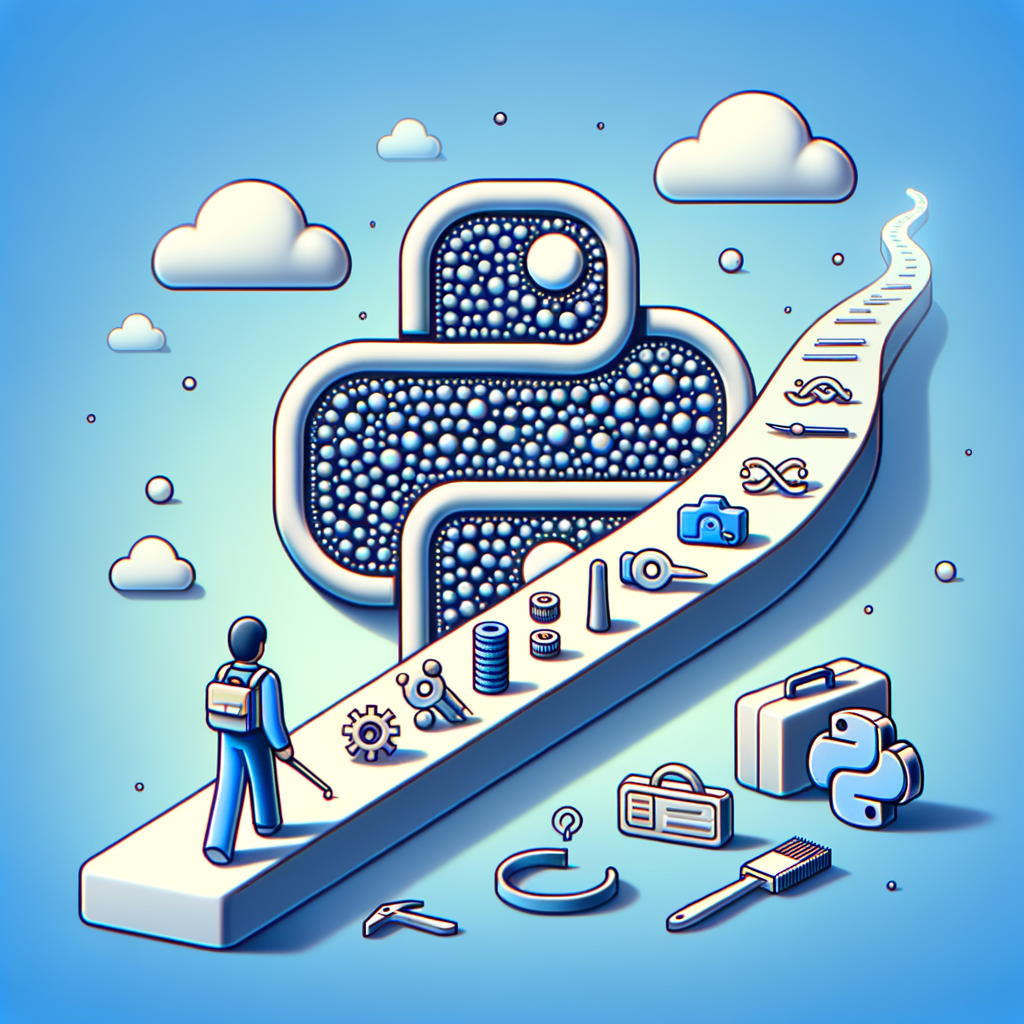
From Zero to Hero: Scaling Python Projects with AI-Driven Tools
Dive into the world of scaling Python projects using AI-driven tools. Explore the challenges developers face when projects grow beyond initial expectations, and learn how modern AI techniques can streamline scaling processes. This comprehensive guide covers essential strategies and tools, helping developers transform simple scripts into robust applications capable of handling increasing demands. Whether you're a seasoned pro or a Python newbie, discover insights that will take your projects to the next level.
From Zero to Hero: Scaling Python Projects with AI-Driven Tools
Python, a language beloved by many for its simplicity and versatility, finds itself at the center of the software world. It powers startups and drives established corporations alike, leading the charge in fields like data science, artificial intelligence, machine learning, and automation. However, as any Python developer knows, the script that starts as a small project can quickly require scaling to meet practical demands.
The Challenge of Scaling Python Projects
The initial steps in Python development might seem straightforward. A script is written, tasks are automated, and everything runs smoothly. But as projects grow, so do the complexities:
-
Performance Bottlenecks: Python is known for its simplicity, but that can sometimes come at the cost of performance, especially with CPU-bound tasks.
-
Code Maintainability: As more features are added, the codebase can become cluttered if not managed properly, making it difficult to maintain or extend.
-
Resource Management: Scaling often means moving from a single script to a whole application ecosystem, which requires more sophisticated resource management.
-
Integration with Other Tools: More substantial projects may need to interface with other software, databases, or APIs, complicating the architecture.
Leveraging AI-Driven Tools in Python Scaling
Modern AI-driven tools provide enticing solutions to these common challenges by offering powerful ways to optimize and extend Python projects efficiently.
AI for Code Optimization
AI tools can play a significant role in profiling and optimizing code:
-
Static Code Analysis Tools: These tools use AI to detect inefficiencies in code and suggest improvements or refactoring opportunities, which can lead to enhanced performance.
-
Machine Learning Models for Prediction: Many projects can benefit from predictive AI models for workload forecasting or performance optimization.
Enhancing Maintainability with AI
Maintaining clean, readable, and extensible code is crucial:
-
Automated Code Reviews: AI-powered platforms offer real-time feedback on code quality, helping to enforce consistent style guidelines and highlight potential bugs.
-
Intelligent Documentation Generators: Using AI to generate documentation from code helps improve onboarding and reduces the time spent manually writing documentation.
Resource and Environment Management
One of the key aspects of scaling is efficient environment management:
-
Containerization Technologies: Docker combined with Kubernetes and AI algorithms can automate scaling, load balancing, and deployment, leading to a robust architecture.
-
Infrastructure as Code (IaC): Tools like Terraform, supplemented with AI-powered decision tools, facilitate the automation of infrastructure deployment and scaling.
Seamless Integration Through AI
Integrating myriad tools and databases seamlessly is another area where AI helps significantly:
-
AI-Powered Middleware: Middleware that utilizes AI to handle complex integrations between services can drastically reduce manual debugging and troubleshooting.
-
Semantic Integrators: Using natural language processing, these tools understand and harmonize different API semantics to enable smoother communication between services.
Future Trends in Scaling Python Projects with AI
The future of scaling Python projects will likely see even tighter integration of AI techniques and tools across all phases of development:
-
Self-Optimizing Systems: Applications capable of self-optimization in response to user interactions or changing environments.
-
AI-Driven Security Enhancements: Anticipating and automating responses to security threats.
-
Autonomous Issue Resolution: AI systems that do not just detect but also resolve issues autonomously, reducing the burden on human developers.
Conclusion
In the vibrant and ever-evolving world of Python, the ability to scale efficiently and effectively is paramount for project success. By leveraging AI-driven tools, developers can overcome existing barriers to scaling, ensuring both performance and maintainability as their projects grow. Embracing these technologies empowers Python developers to elevate their projects from simple scripts to scalable and robust applications, positioning them for success in the increasing complexity of today's tech landscape.